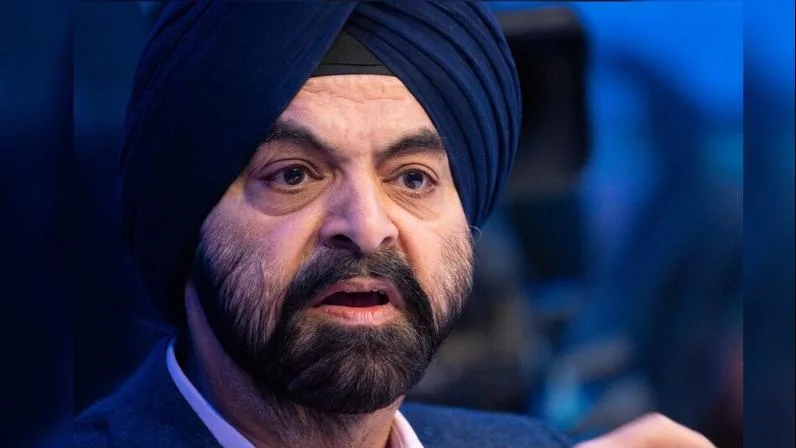The governments of Burkina Faso, Mali, Mauritania, Niger, Senegal, and Chad convened in Dakar for the Dakar+10 Forum, marking the tenth anniversary of the Declaration on Irrigation in the Sahel. During this meeting, officials emphasized their commitment to accelerate investments in irrigation to bring 1,000,000 hectares of land under full water control by 2035.
The ministers of the Sahel countries endorsed the new Dakar Declaration, focusing on efficient, sustainable, and resilient irrigation in light of environmental and socio-economic challenges. This move is part of a broader shift towards food sovereignty, as regional leaders aim to decrease dependence on imported agricultural goods. Dr. Abdoulaye Mohamadou, Executive Secretary of the Permanent Interstate Committee for Drought Control in the Sahel (CILSS), acknowledged the region’s potential, commenting: “Food sovereignty is possible not only given the immense potential in water, land, and energy in the region but also thanks to new technologies in the field of irrigation.”
The 2013 Dakar Declaration had initially set a vision for bolstering resilience, food security, and economic growth in the Sahel. Despite progress, with irrigated areas increasing by 285,000 hectares, the original goal was not achieved.
The Forum outlined a strategy with five major investment priorities to transform irrigation in the Sahel. These priorities include supporting national irrigation programs, enhancing public and community-led irrigation schemes, promoting farmer-led initiatives, reducing investment gaps, implementing an integrated territorial approach, diversifying water sources, and strengthening resilience of irrigation systems amidst environmental and conflict challenges.
Dr. Mabouba Diagne, Senegal’s Minister of Agriculture, Food Sovereignty, and Livestock, highlighted the significance of partnerships: “Let’s invest in modern and resilient irrigation systems that will increase agricultural productivity, reduce our dependence on climatic hazards, and ensure a prosperous future for our populations.” He urged: “Together, let us make sustainable irrigation a pillar of agricultural transformation in the Sahel.”
Participants recognized farmers' crucial role in production and agreed to augment national budget allocations for irrigation. They plan to improve governance to enhance agricultural performance, transform irrigated systems towards diversified cropping, and modernize existing infrastructures. To achieve this, they committed to enhancing regional cooperation for better coordination of cross-border irrigation efforts.
Chakib Jenane, Director of Sustainable Development for West and Central Africa at the World Bank, remarked on the importance of the forum, stating: “Dakar+10 must be a decisive turning point in the development of climate-resilient irrigated agriculture, which is essential for strengthening food security, creating jobs throughout the value chain, and thus reducing poverty in our region.”

